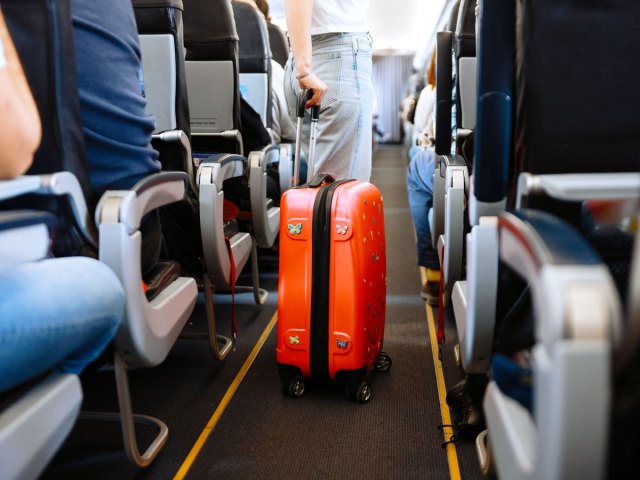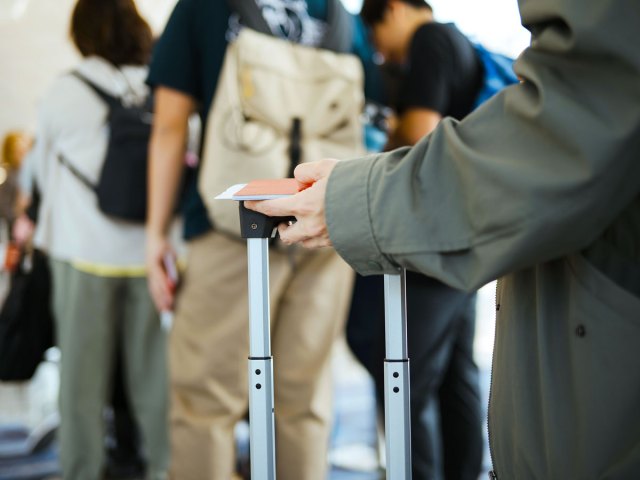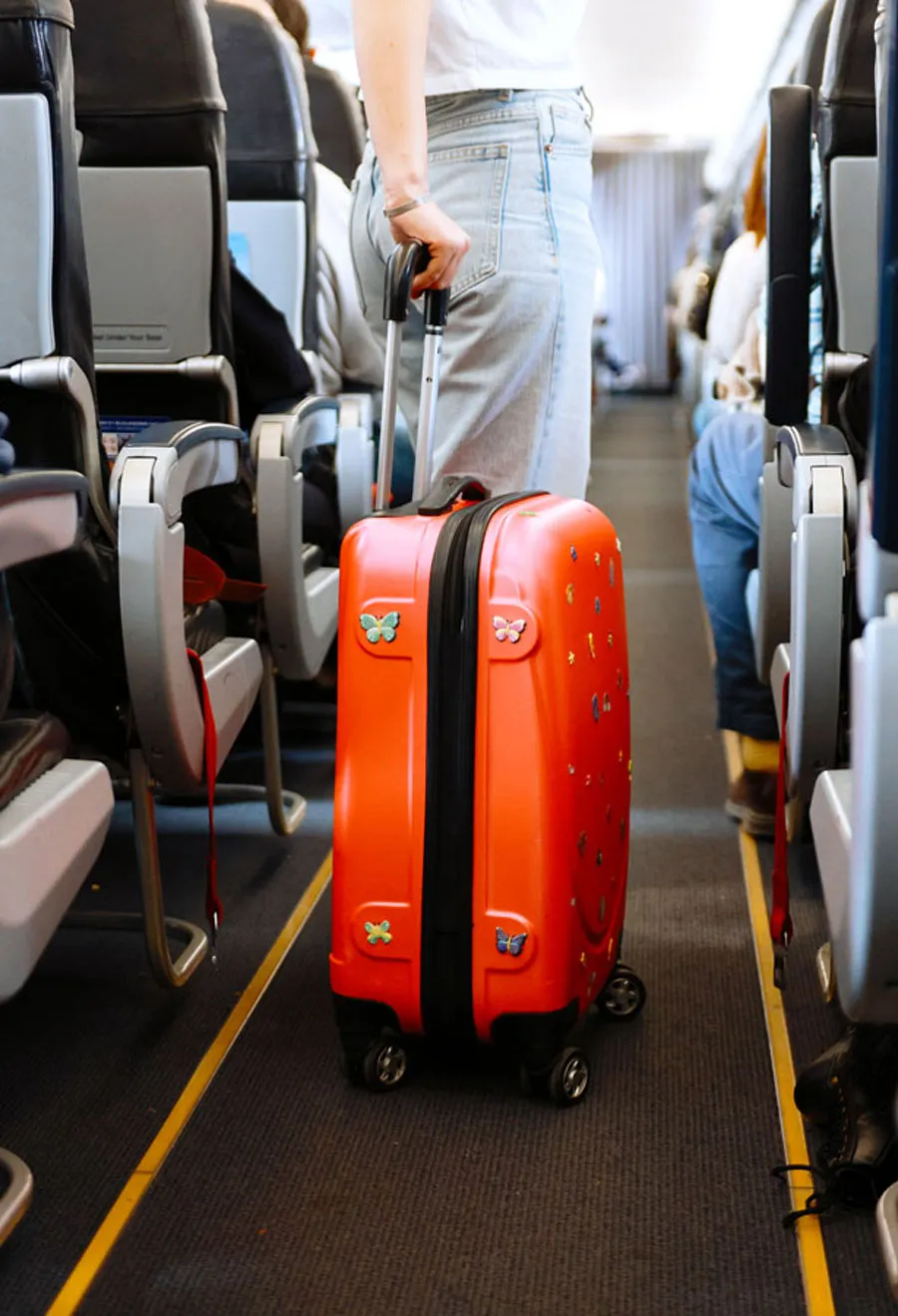When booking flights, many travelers want to simply grab the best fare possible. But knowing when to book can be hard to pin down. Thanks to the airlines’ dynamic pricing models, there’s no way of knowing for certain that the same tickets won’t cost less at some point between when you buy and when you fly. As a consequence, the internet is full of hacks about how to ensure you book at the right time — but amid all the accurate tips, there’s a slew of misinformation and outdated advice. Take a look at five of the most common flight-booking myths below.
It’s Better To Book on a Tuesday

One of the most prevalent flight-booking tips you may have come across is that Tuesday is the cheapest day to book flights. Unfortunately, this is outdated advice, based on the way some airlines used to release seats and launch sales. According to the 2025 Air Hacks Report, published by Expedia in conjunction with the Airlines Reporting Corporation, Sunday is the best day to book a flight.
In an analysis of flight bookings between January and October 2024, the report concluded that “domestic travelers can save 6% while international travelers can save 17% compared to booking on a Monday or Friday.” The same report claims that actually flying on a Saturday instead of Sunday, the most expensive day, can save domestic travelers 17%.
At the end of the day, however, there’s no one-size-fits-all answer — and there’s still considerable variation depending on your route. So, it pays to be flexible with different times, dates, and even neighboring airports until you find the best combination for your trip.
Booking in Incognito Mode Gets You a Great Deal

Browsing in incognito mode allows you to prevent cookies and other browsing data from being tracked before embarking on your flight search. Cookies are small pieces of text that note traffic to a website, creating a log of your browsing history and preferences. However, while cookies record the searches you make, many experts say they don’t influence pricing.
Instead, airlines use dynamic pricing, raising or lowering fares in response to demand. This may mean that how far in advance you book can influence the prices you see — once seats become limited in supply, they go up in price.
While you could theoretically score a deal by waiting until closer to your departure date to book, by betting the airline still has seats to fill, that strategy doesn’t always lead to big savings. Depending on the route, it can actually result in the exact opposite, particularly during peak demand periods like summer or the holiday season. Tracking prices using a tool such as Skyscanner’s Price Alerts or Google Flights is generally more likely to secure you a better fare than simply clearing your cookies.
Flying a Low-Cost Airline Always Saves You Money

Sometimes, the route you wish to travel is served by both low-cost carriers — like Spirit, JetBlue, or Frontier — and full-service airlines such as American, Delta, or United. If that’s true, you might be forgiven for thinking that the former will automatically give you the best deal. That’s not always the case. In a competitive market, full-service airlines have had to make changes to their own pricing structures to hold their market share, most notably with the introduction of basic-economy fares.
As a result, it’s now crucial that you factor in add-on fees for things such as seat selection, carry-on or checked baggage, in-flight food, and other extras such as priority boarding. Only once you’ve totaled up these costs can you work out which airline is best on price for your dates, so think carefully about what your needs are and do the math before settling on an airline.
An Overbooked Flight Is a Traveler’s Worst Nightmare

Overbooking isn’t a myth: Airlines routinely sell more seats than are available for any given flight. The reason this happens is to allow for no-shows — those who book a flight but change their plans at the last minute. From the airline’s perspective, the practice makes solid business sense, enabling them to minimize empty seats and maximize revenue. But surely, it can’t ever be a good thing for a bumped passenger, right?
Think again. If you are flexible with your travel plans, volunteering to give up your seat opens up the possibility of compensation. Incentives can take the form of cash, travel vouchers, and even upgrades. It’s always a good idea to carefully check the terms and conditions of what the airline is offering before agreeing. Sometimes, however, no volunteers come forward and passengers can be bumped against their wishes. These passengers are due compensation, but only in certain situations. For more information, visit the U.S. Department of Transportation website.
You’ll Get a Cheaper Fare With a Saturday Night Stay

It was once commonly cheaper to book a flight if your travel dates incorporated a Saturday night stay. The thinking behind this pricing policy was that business travelers would be flying during the week, but in most cases they weren’t paying for their ticket, so airlines could charge more. Leisure travelers, on the other hand, would be far more likely to base decisions on when to fly according to the price of their flight — hence the Saturday night rule or other minimum-stay requirements to spread out demand.
Lately, however, the lines between business and leisure travelers have become blurred. And since low-cost carriers revolutionized the industry by selling fares for individual segments rather than discounted round-trip fares, the Saturday night rule has faded into a myth rather than reality.
More from our network
Daily Passport is part of Inbox Studio, an email-first media company. *Indicates a third-party property.
















